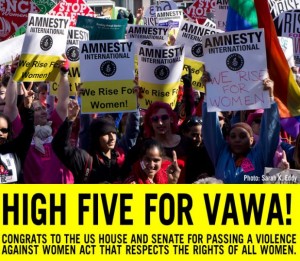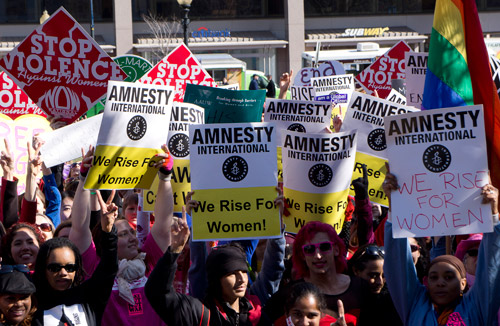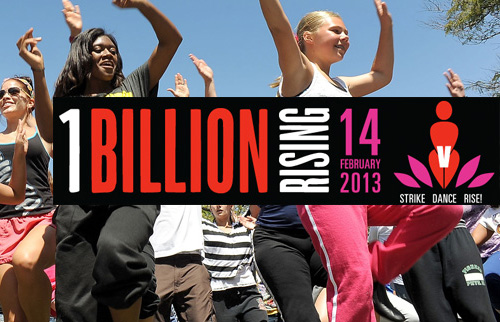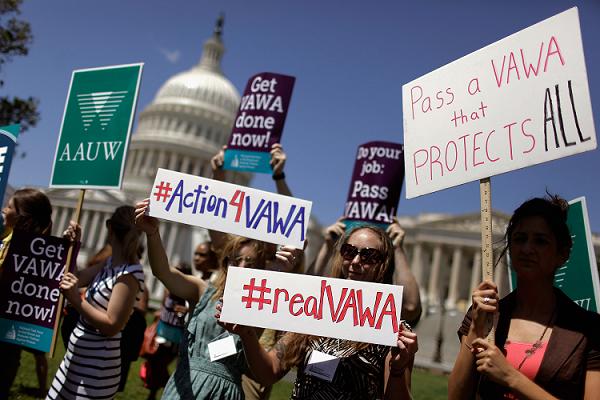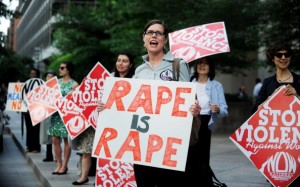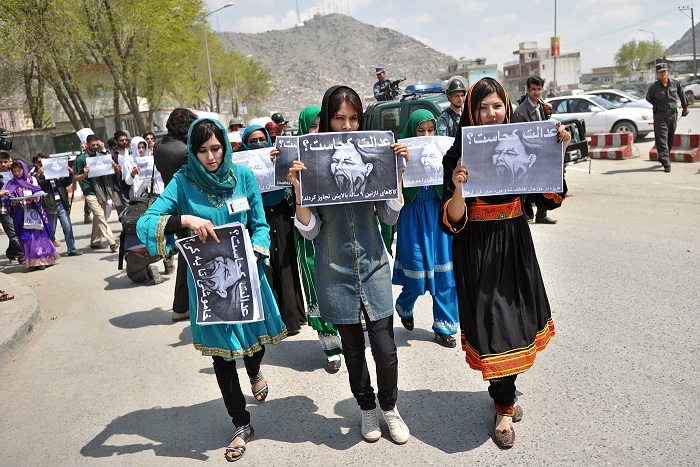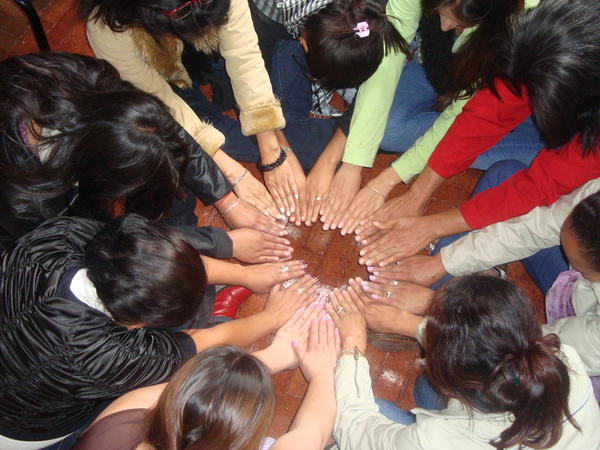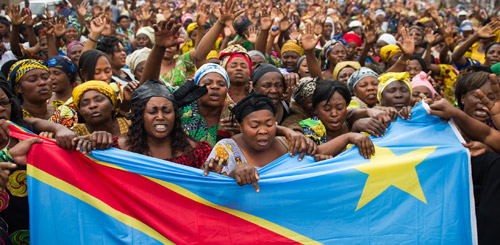We did it! The groundbreaking Violence Against Women Act (VAWA) was just passed by the House of Representatives and will now be sent to President Obama for his signature!
It’s been a long road to victory. I wrote earlier this year about the indefensible demise of VAWA in the last Congress. The last Congress missed a momentous opportunity to stand up for the safety of all women. So women – and men – stood up for themselves; on February 14, 2013, Amnesty International joined the One Billion Rising movement to stand up, walk out, and dance to end violence against women globally. We called for Congress to quit the partisan politics and finally pass a Violence Against Women Act that included ALL communities.
Since then, we have seen the new Congress introduce and pass VAWA in the Senate and now the House has followed suit.
